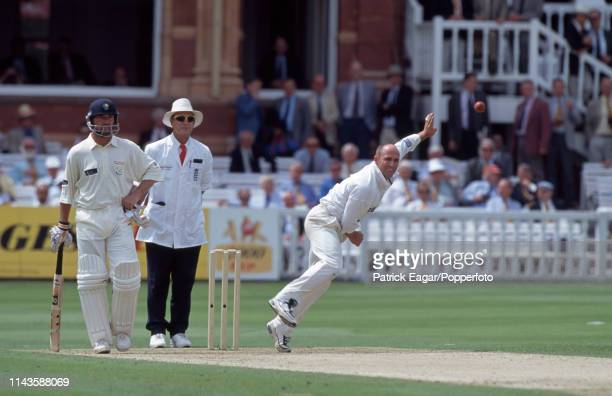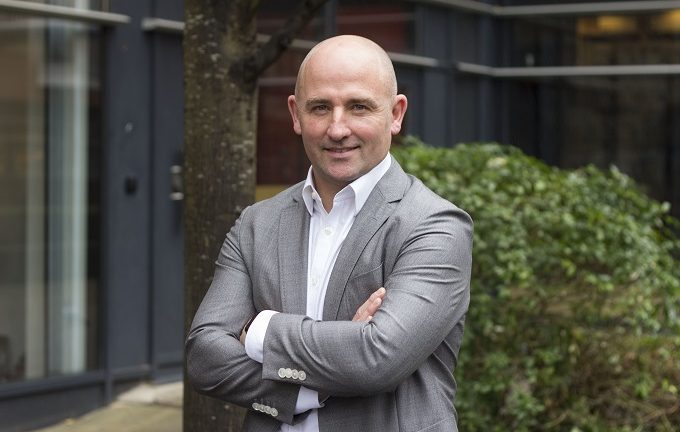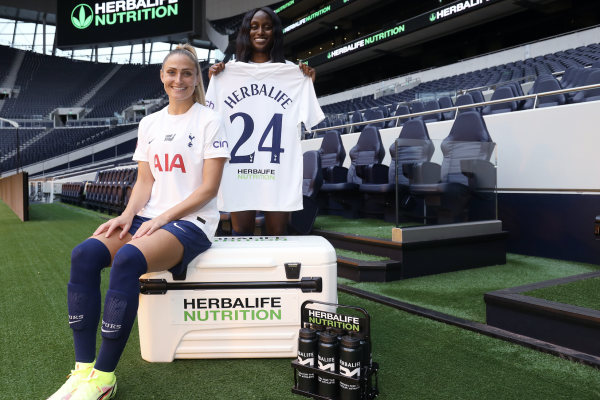Jeremy Snape is a former England cricketer with an MSc in sport psychology. He has worked with some of the biggest names in world sport as well as being a sought after keynote speaker and corporate coach. The Playknox spoke with him about the importance of mental health, how to tackle racism among other things. Excerpts:
Having been an elite athlete yourself and having had to perform under immense pressure. How likely do you think this performance pressure/ anxiety is to play a part in having the athlete under perform at training leading to a dip in performance at the final game.
I think part of the reason we love sport is to watch the human element – we are not computers, we are emotional creatures and these emotions of fear, elation and often frustration, play a crucial part in the game on the field. Elite athletes realise that their mindset can be the biggest difference between winning and losing under pressure – it’s the next frontier in performance. Being able to stay calm, rational and focused on the next ball, while still feeling the pressure in a final is essential. The challenge is that we all have self-doubt.
What tends to happen in most elite sporting games is that there is a huge emphasis on the outcome, the trophy, the glory, and as a result it becomes a distraction for the player trying to play ball by ball as the game develops. It’s the greatest test of mental strength there is. When we handle the pressure we feel amazing – but sometimes we beat ourselves because our inner critic wins – that is our biggest opponent!
In your experience as a sport psychologist, what is the most important aspect of an athlete’s mental conditioning that comes handy at the final stages of a game?
There are a few key elements here – the first is the ability to break the game down into the next step. We need to bring our focus away from the outcome – I often say if we want to ‘WIN’ we need to think ‘W-I-N’ What’s – Important – Now. We work with players on their ‘performance routines’ to use the time between balls to refocus and stay calm so that they don’t overthink as the ball is coming down.
Everyone watches the highlights as the bowler runs up and the batsman plays the shot – I’m interested in the ‘lowlights’ the time while the batsman and bowler are thinking between deliveries because whatever we think then dictates our strategy. We play our best sport when we are prepared but instinctive – that’s hard when the stakes are high or the bowling is very fast because our brain wants to predict what’s going to happen next. No matter the size of the crowd, our self-talk is key. I played for England in an ODI in front of 120,000 people at Eden Gardens and the loudest voice was in my own head!

Also, is enough focus being given to mental health training of the athletes? Are athletes conscious about it?
We’ve had three waves of improvement in sport, a decade of fitness, a decade of analytics and we are now in the final frontier – the decade of mindset. It’s the last thing we can measure so it’s the least developed but it’s the area with the biggest opportunity to create an advantage. With more athletes talking about mental health and also their psychological strategies – it’s becoming more widespread. In my podcast Inside the Mind of Champions I showcase the interviews I’ve done with many elite performers and coaches and show the strategies they use to succeed under pressure – these can be used in sport, business and life – they are essential mental skills.
Given the rise in competitive sporting, a lot of focus is given to perfectionism. Do you think it does more harm to the athlete than good? Moreover, does the tendency to be a perfectionist stem from lower self-confidence?
Perfectionism can be a powerful motivation for athletes as it can give them that attention to detail that they need in analysing their game. The quest for constant improvement is a critical one but we need to ensure that although we might strive for perfection, we shouldn’t expect it – we should focus on maintaining our drive and learning which stops us from procrastinating. Rather than wait for everything to be perfect, we should make a plan, commit to it and then adapt and learn to improve it over time – this is where the enjoyment is. Perfectionism can bring lots of negative emotions with it so can be debilitating for athletes and coaches.
With the Covid19 leading to many athletes having had to stall training endlessly, do you think a compensatory mindset would have set in to retrieve their earlier scores/ timings almost immediately, leading to more injured athletes before the Tokyo Games ?
The constant delay of tournaments is really frustrating for athletes but they need to frame the opportunity. This is not just them who are experiencing the delays, it’s everyone else too, so the new competitive advantage is who can make the best use of their training once the schedule is announced, Before that they should stay in 80% fitness and be ready for the final push. If they keep peaking at 95% and then get shattered when the tournaments are delayed, they will have a slump in motivation and it will cost them more in the long term.
All of us need to focus on controlling the things that are in our control – we can’t control the pandemic or the tournaments but we can control our mindset and the healthy choices we make each day. We can read good books, listen to inspirational podcasts, exercise and eat a good diet – all these things are in our control and will ultimately affect our wellbeing and success.
We have seen various incidents of racism on field. Is enough being done to tackle the issue?
Racism is a deep seated issue across all societies. With many high profile actors, politicians and sports stars using their platform to speak out about it publicly we can encourage people to shift our own, and others perceptions. We all have biases which need to be challenged and by listening to different people’s perspectives it can help us take the first step in the right direction. When we hear people’s personal stories about how prejudice of any kind has affected their lives it helps people who haven’t lived that experience to relate. We then need to be open to do the inner work necessary to rectify our own stereotypes and bias and be brave enough to publicly oppose it when we hear it in conversation.
What do you think are Indian cricket team’s strengths and weaknesses? And of England team’s as well
The Indian team is a powerhouse at the moment with threats in all departments. The recent win in Australia will have done wonders for their confidence and now they face a stubborn rival in England. Bumrah, Kohli and Ashwin are key threats as are Root and Archer for England. Root has experienced a remarkable purple patch of late – but no-one can keep that kind of form forever. If England’s top order and spinners can fire consistently then it should be an amazing battle.
Jeremy Snape’s top 3 podcast ‘Inside the Mind of Champions’ www.sportingedge.com/podcasts shares more interviews with top stars and his membership platform offers over 600 x two-minute video interview insights is available free for 30 day’s using the code ‘INSPIRE21’ www.sportingedge.com/membership These insights and strategies can be used for personal use and by managers looking to inspire their remote workforce via Zoom and MS teams.







